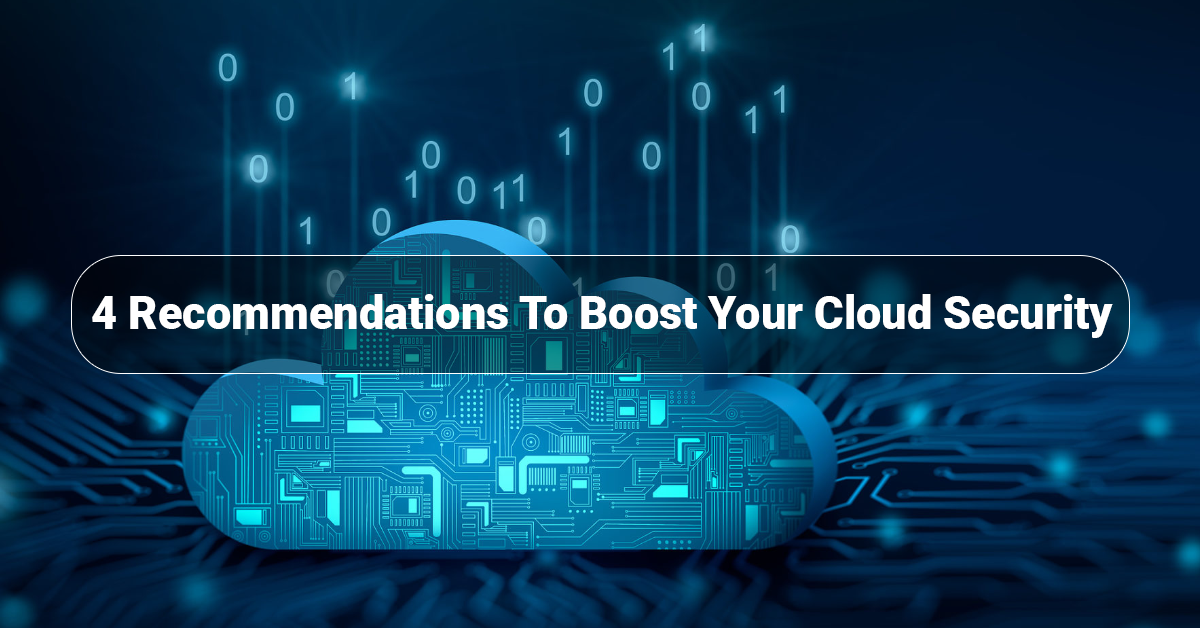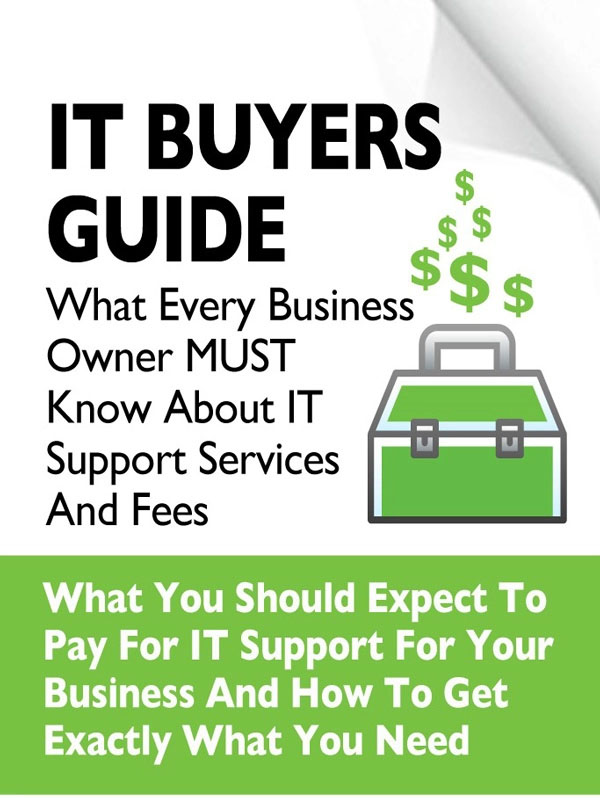For streamlined operations, savvy companies shift their digital assets to the cloud. After all, storing and retrieving business data via cloud storage and backup is practical, economical, and flexible. This explains why 94% of companies use at least one cloud service.
However, data security is still a critical problem with cloud services, just like with any other storage system. Cloud storage introduces several data security threats many firms haven't dealt with before.
The good news is that you shouldn't have any nightmares about cloud security. IT support companies in Ohio carefully protect the safety and security of their client's data. However, it would help if you didn't disregard prudence because of this.
Here are four recommendations to boost your cloud security.
1. Cloud Governance
The best way to strengthen your cloud security posture is to develop a cloud governance program outlining security best practices and potential consequences for breaking security rules.
In addition to outlining best practices, a successful cloud governance program provided by IT Support Company, Ohio, should have systematic processes for evaluating and updating security rules as necessary, as well as an incident response strategy and suggested protocols for notification, investigation, and remediation.
2. Apply Multi-Factor Authentification
To sign into an application, you must use two or more verification methods, which is what multi-factor authentication (MFA) demands. MFA adds additional requirements in addition to the standard username and password. As an illustration, a thumbprint, an SMS pin code generated randomly, or a personal memory.
MFA is most likely something you use outsourcing managed IT services in Ohio. It is now a requirement for many applications and will soon be a security tool used almost everywhere.
A very excellent rationale is behind this. Even though they are crucial, strong passwords can still be broken. A well-planned brute-force attack might still open the door. Contrarily, a cybercriminal would find it highly challenging to bypass MFA.
3. Improve Password Security
Something as easy as strengthening your passwords could work wonders for your cloud security. Ensure you have the support of every employee and even your clients regarding password security. Increasing the security of your passwords should be simple.
Multi-factor authentication can enhance password security. Employees might, for example, input their password first, followed by the final three numbers of their employee card, to gain access. There are many different approaches to multi-factor authentication; choose the one that works best for you.
Businesses may also use passphrases in place of passwords. Instead of passwords, passphrases are a group of words entered in a specific order to get access. But, unfortunately, it's much more difficult to predict or solve.
4. Control User Access
To protect sensitive company information, be sure you have the appropriate authorization levels. Not all employees require access to all papers and software. You must set access rights to prevent unauthorized access to or manipulation of crucial company data.
Lower-level employees are more vulnerable to phishing because there is less to be cautious about and because they are more numerous than top-tier personnel. Cloud security is doomed if various employees cannot access different authorization levels. A straightforward phishing attack on a low-level employee will grant the hacker complete control of the kingdom.
Conclusion!!
If you take the necessary steps, cloud security is generally significantly more cost-effective and secure.
You may maximize cloud computing by adhering to industry best practices when choosing, installing, provisioning, and managing multiple cloud services while upholding a high-security standard to safeguard your sensitive data.
Extensive cloud computing strategies, including cloud IT services, can be designed and budgeted for by knowledgeable IT specialists. They can also provide continuing supervision to ensure your security.


